Adding tucatinib to third-line treatment leads to longer overall survival in people with metastatic, HER2-positive breast cancer
Given with trastuzumab and capecitabine, it also led to longer progression-free survival and improved outcomes for people with brain metastases.
- 12/12/19
Update: Tucatinib (Tukysa) was FDA approved for metastatic breast cancer in April 2020. This article explains some of the research that supported the FDA approval.
Adding tucatinib to third-line treatment for metastatic, HER2-positive breast cancers led to people living longer, as well as a longer time without cancer progression. These results from the HER2CLIMB trial were presented at the San Antonio Breast Cancer Symposium on Wednesday and released the same day in the New England Journal of Medicine.
On this page
Background
The standard first lines of treatment for metastatic, HER2-postive breast cancer involve aggressive HER2-targeted therapies: trastuzumab (Herceptin), pertuzumab (Perjeta), and chemotherapy, followed by ado-trastuzumab emtansine (Kadcyla). After the first two lines, there is no standard of care. Researchers wanted to learn if such cancers would respond to a HER2-targeted therapy after previously being treated with three medicines with the same target.
Tucatinib is a small-molecule tyrosine kinase inhibitor. Tyrosine kinase inhibitors are lab-made molecules that find proteins called tyrosine kinases and stop them from causing HER2-positive breast cancer cells to grow.
Because tucatinib is a small molecule, researchers were also interested to see if tucatinib would affect metastases in the brain. People with metastatic breast cancer that has progressed to the brain are often excluded from trials, because many medicines cannot cross the blood-brain barrier to affect cancers in the brain and central nervous system. Researchers hope that the small tucatinib molecule will be able to pass through the blood-brain barrier and treat metastases in the brain. Nearly half of the participants in HER2CLIMB had brain metastases.
People were randomized to get either:
The trial was randomized with a 2 to 1 ratio, with 410 people assigned to the tucatinib group and 202 people assigned to the control group that got a placebo along with trastuzumab and capecitabine.
Results
The HER2CLIMB trial found that the group getting tucatinib went longer without disease progression and lived longer overall. Both results were statically significant, meaning it’s unlikely that the difference was a result of chance.
The primary endpoint of the trial was progression-free survival, or the length of time a person lives without cancer growing or traveling to another part of the body. Those given tucatinib had longer progression-free survival than those in the control group:
- People in the tucatinib group went 7.8 months without cancer growth.
- People in the placebo group went 5.6 months without cancer growth.
Researchers also looked at overall survival, meaning how long people lived after randomization. Here, too, they found that people given tucatinib had better outcomes than those in the control group:
- People in the tucatinib group lived 21.9 months after randomization.
- People in the placebo group lived 17.4 months after randomization.
In addition, the study found that people with brain metastases given tucatinib benefited more than those in the placebo group. One year after randomization, for people with brain metastases, breast cancer did not progress in:
- 25 percent of those given tucatinib
- 0 of the people given placebo
The main side effects were diarrhea, elevations in certain lab tests, and hand-foot syndrome, most of which were grade 1 or 2.
What this means for you
HER2CLIMB results had many doctors at SABCS excited for a number of reasons:
- It suggests that therapy can continue to target the HER2 pathway even after treatment with trastuzumab, pertuzumab, and ado-trastuzumab emtansine.
- It treats populations that have few good options, namely people with HER2-positive breast cancer that has already progressed on targeted therapies and people with brain metastases.
- Tucatinib is a new medicine.
Successful results from a new medicine are exciting, because there is hope that additional uses will be discovered. An early study, like this one, will show benefits as a third-line treatment. This study will then be followed by studies looking at the medication as a first-line treatment, in different drug combinations, and eventually in early-stage breast cancer.
Stay connected
Sign up to receive emotional support, medical insight, personal stories, and more, delivered to your inbox weekly.



